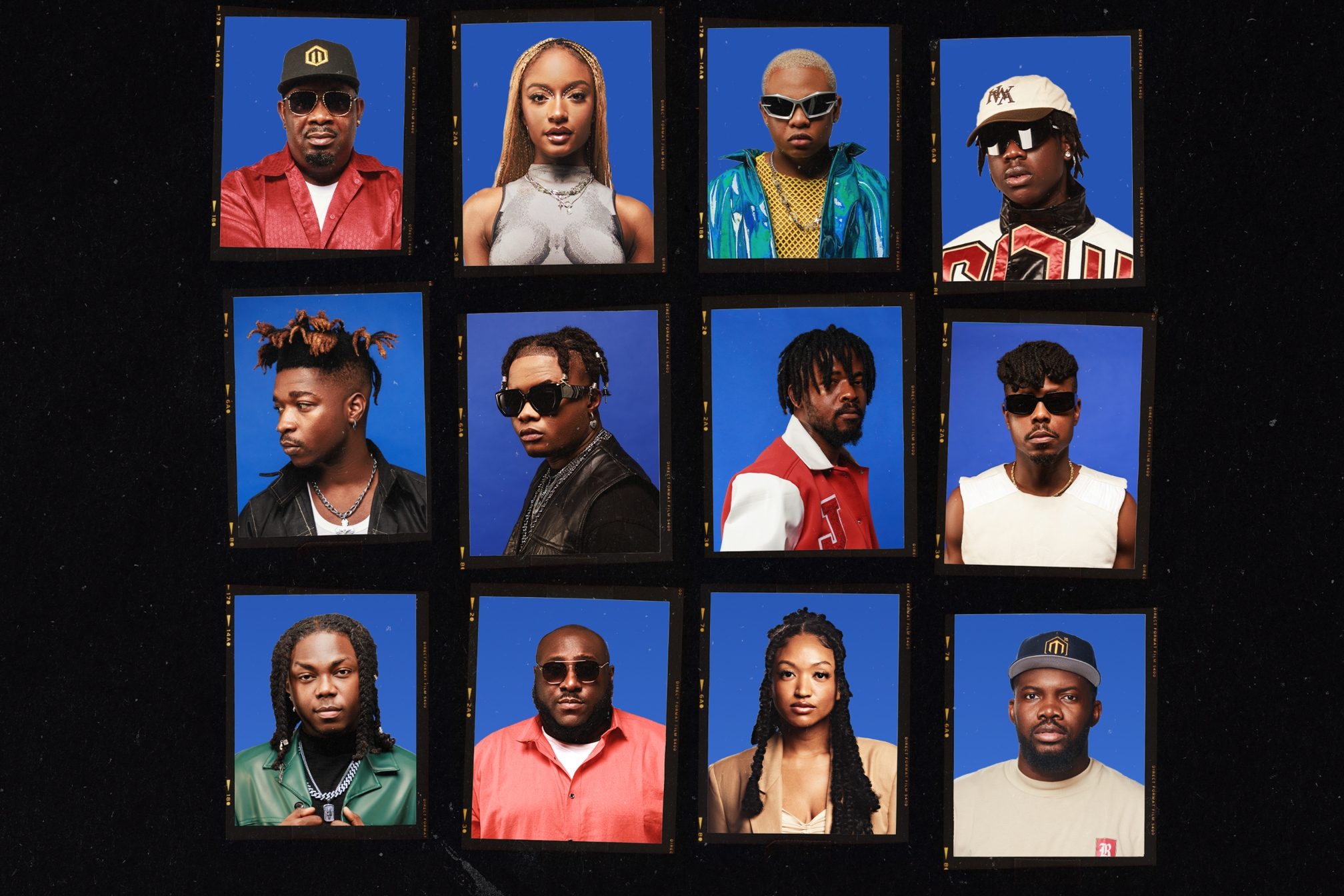 Features
Features
10 years of Mavin Records: How the Nigerian label helped take Afrobeats global
Upon Mavin Records' 10 year anniversary, Madzadza Miya speaks to founder Don Jazzy and the label's roster of talented stars and staff about its decade of dominance and role in making Afrobeats a global phenomenon
The popularity of Afrobeats is soaring internationally, and Mavin Records is one of the foremost independent labels that has been instrumental to the genre's steady rise. Due to its hit song-making abilities, the Nigerian imprint, which recently celebrated its 10 year anniversary, has become the cornerstone of a global phenomenon. Under the leadership and guidance of record producer and veteran music maestro Don Jazzy, Mavin has consistently served as a launchpad that catapults the careers of many artists into the pinnacle of the pop zeitgeist.
According to Spotify, the world’s number one DSP, Afrobeats has seen a growth in streams of 283% between 2019 and 2022, with the top artists dominated by Nigerians, and from London to New York, arenas are being sold-out by the likes of Wizkid and Burna Boy. But it wasn’t always like that.

When Don Jazzy founded Mavin Records in 2012, Spotify hadn’t launched in Africa. Nigerian music was still burgeoning on the global stage and was slowly making waves beyond the African diaspora. “Starting the record label was pretty simple,” recounts Don Jazzy on Zoom from his Lagos home. “I would say now it's a little bit more complicated because the whole genre of Afrobeats has gone nuclear. But [back] then it was pretty much almost similar to the same ideas that I had when I formed my former record label, Mo'Hits Records.” During the inception of Mavin, Jazzy had just come off the back of landing a co-production placement on the Kanye West, Jay-Z & Beyoncé track ‘Lift Off’, and was achieving staggering success with his then-frequent collaborator and business partner D’Banj via hit single ‘Oliver Twist’ — which had a music video featuring cameos from their then Very G.O.O.D. Beats (the producer wing of G.O.O.D Music) labelmates and affiliates Big Sean, Pusha T, Mike Dean, Hit-Boy and Kanye West.
“[The main goal] was to discover talented Nigerian artists and showcase them to the rest of Nigeria. The idea of getting to [most parts of] Africa and the diaspora, the rest of the world was not really in the picture then,” he remembers. This was the Nigerian music industry reality in the early 2010s. As Jazzy puts it, success was getting at least half of the country’s 200-plus million population to listen to their music. “If we could make music that Nigerians would accept and love, that was fine. But as time passed, the music started reaching borders we did not expect it to reach, and we started adjusting to new realities.
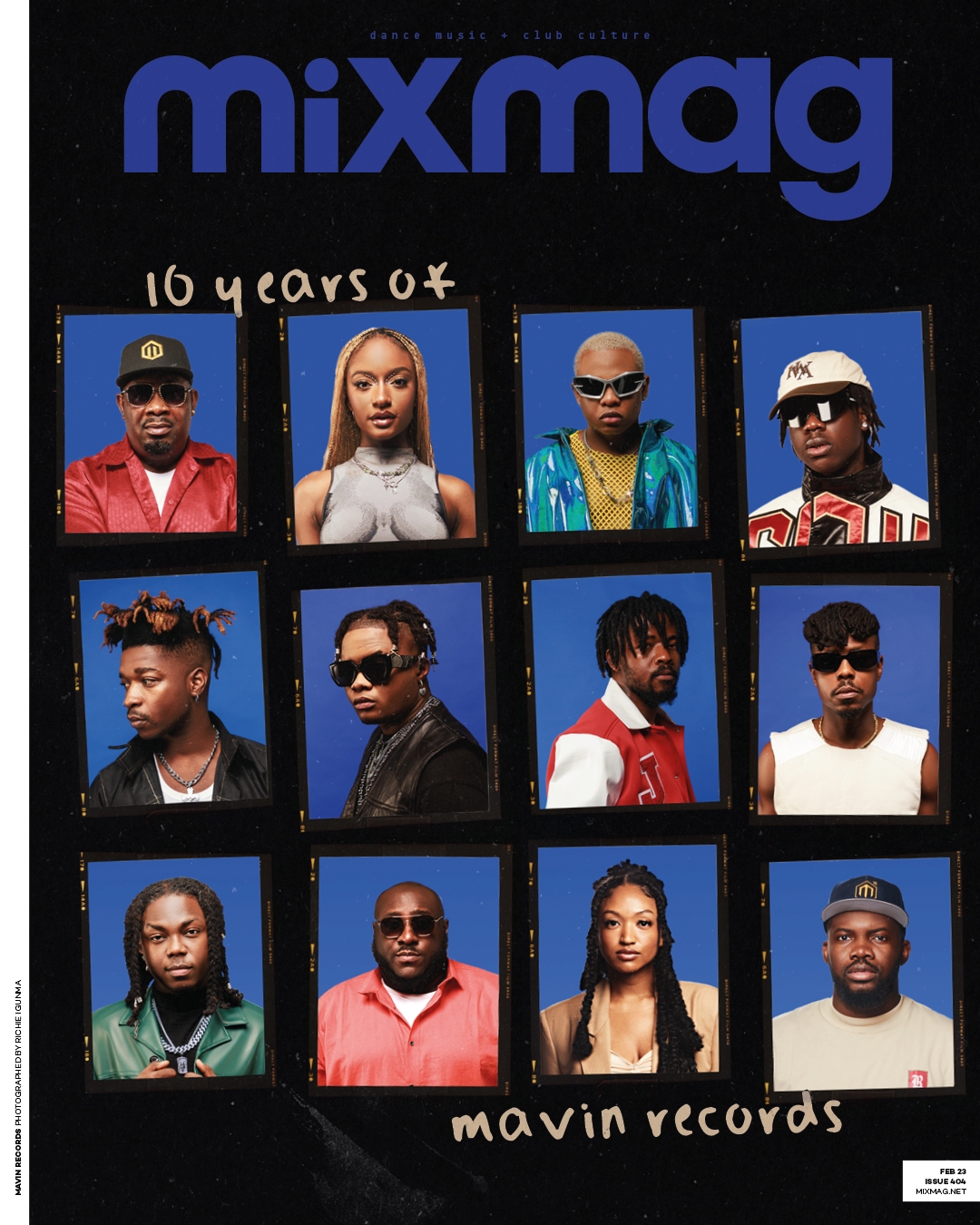
By the mid-2010s, Nigerian pop music had been garnering international attention and growth. The likes of Wizkid, Davido, Olamide, Burna Boy and former Mavin signee Tiwa Savage had already become the new generation of national superstars — coming after acts such as P Square and Wande Coal (who was also part of Mavin during its formative years, alongside D’Prince and Dr SID), and were getting embraced by far-reaching audiences. Their collective efforts and the foundation laid by their predecessors had been transcending to the UK, the US, and other prominent countries worldwide.
Read this next: The Cover Mix: Best of Mavin Records
Newer and far more impactful opportunities would slowly become a reality for the artists and the industry. Multinational music companies started flocking in and setting up shops in the country, or otherwise pursuing local artists and labels with promises of international recording/licensing deals and joint ventures. Even with these added pressures and competition, the homegrown Mavin kept music the main thing. The signings of a fresh-faced Korede Bello, Reekado Banks and Di’ja in 2014 rejuvenated the camp, and marked a more youth-driven shift and focus. From that era, cross-continental and groundbreaking hits including ‘Dorobucci’, ‘Adoabi’, ‘All Over’, ‘Do Like That’, and ‘Ma Lo’, among many others, arose and helped redefine the Nigerian pop music sound of the 2010s.
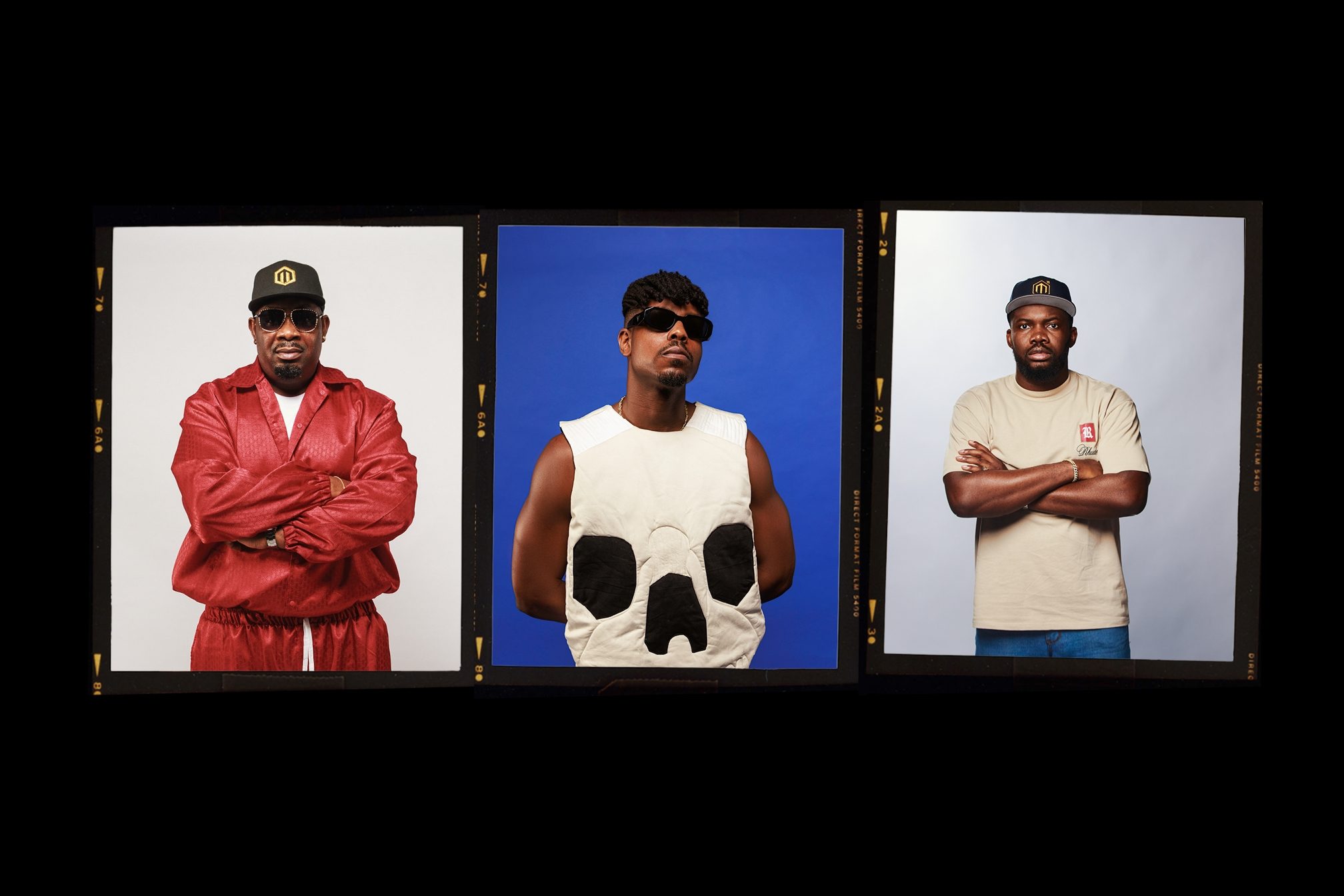
In today’s rapid, viral moment-charged, and instant gratification-filled digital age, Mavin remains one of the few labels that still puts emphasis on results-yielding artist development. After being discovered by the label’s A&Rs, in-house producers or Jazzy himself, emergent acts are recruited to join their enigmatic music academy, where prospective new signees are groomed — similar to the infamous K-Pop programs, but less intense and without the auditions. When I quiz Jazzy about the inner workings and teachings of the academy he is at first secretive, but likens it to the X-Men program. “It's not really supposed to be public actually,” he reveals while chuckling. “It's not something that people can apply for. Like I said, it's like X-Men, Xavier has to go and reach out to you and say: ‘I see that you have this superpower, how about you come and join the Academy.’”
Ayra Starr, the 20-year-old ‘Rush’ singer, describes the academy as “like finding a rare stone but still having to go through the refining process.” She mentions that her sound, personality, and everything that forms part of being an artist were worked on. “It’s a process of helping an artist hone their art,” adds the now-globetrotting Rema, who first made a name for himself through his melodic trap-fuelled freestyles. “Personally, I had to learn more about Afrobeats delivery, among other things that have been helpful in my career.” Today, they are both among the Top 10 streamed Afrobeats artists on Spotify.

Much like the X-Mansion, aspiring musicians are enrolled in a one-to-two-year program that trains and prepares them for the world and all that comes with the life of being a professional musician. When the Supreme Mavin Dynasty (SMD), as the company is sometimes known, unveils a new artist, it’s always a spectacular moment accompanied by a reveal video captioned “Mavin Activated”. When the public gets to set their eyes on these clips there’s an absolute guarantee that the subject has gone through thousands of hours honing their craft before having the privilege of sharing it with the world. Some of them may have even gone semi-viral before, but after their stint at the academy, they come out as fine-tuned versions of themselves ready to unleash their full potential. A significant chunk of the musicians in the current roster (Rema, Crayon, Ayra Starr, Magixx, Boy Spyce and Bayanni) are products of the academy.
“I love the idea of planting a seed and watching the seed grow,” Jazzy shares. Beyond talent, he notes cultural fit as an important factor they consider when choosing people to join the label, as he recalls the popular phrase of one bad apple spoiling the entire bunch. “I feel like I have built something solid, my team is pretty amazing, both the artists and the staff that we have, so I don't really want people that don't fit into the culture that we have at Mavin. It's pretty much a family kind of record label.”
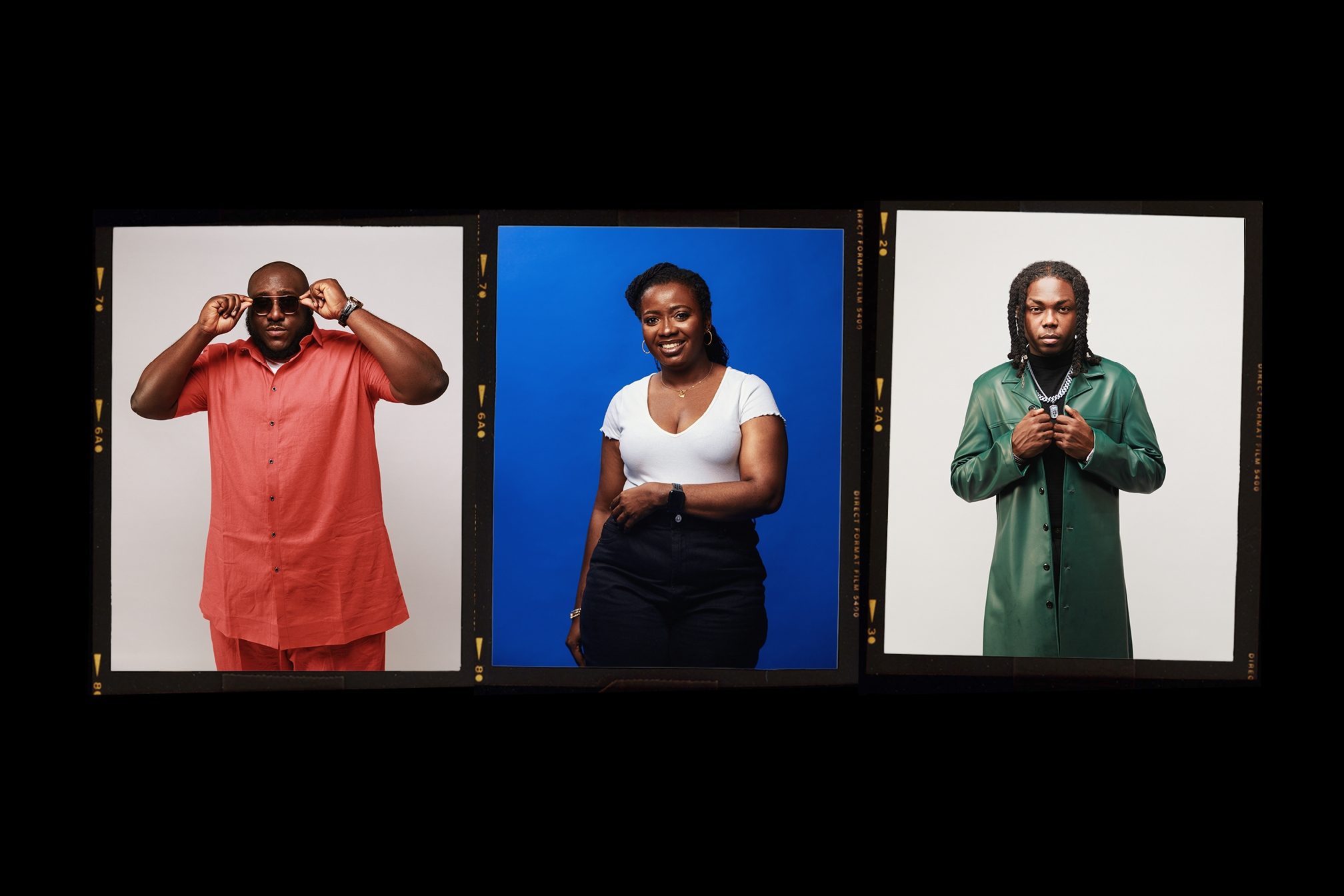
This humane touch is a sentiment that resonates with Rima Tahini, the label’s Director of A&R: “It is a people business,” she mentions. “Especially being an A&R, it's full-time, 24/7. You have to listen to the artists, give them advice and pep talks, beyond just listening to their music. [It’s about] having empathy and riding for them, going the extra mile. All of these things are beyond the 9-to-5 [office hours] and I think that has been a big part of this role for me, helping people make their dreams come to life… So you're like their therapist, their friend, sometimes.”
For ‘Ijo (Laba Laba)’ creator, Crayon, “Mavin is beyond a label” — he regards the people who have a contract with the music company as his family. “From my fellow artists to the executives and staff, I have been given the opportunity to be myself, even when this means making some mistakes because I’m still on the journey of growing into my true self. They are always there to help.”
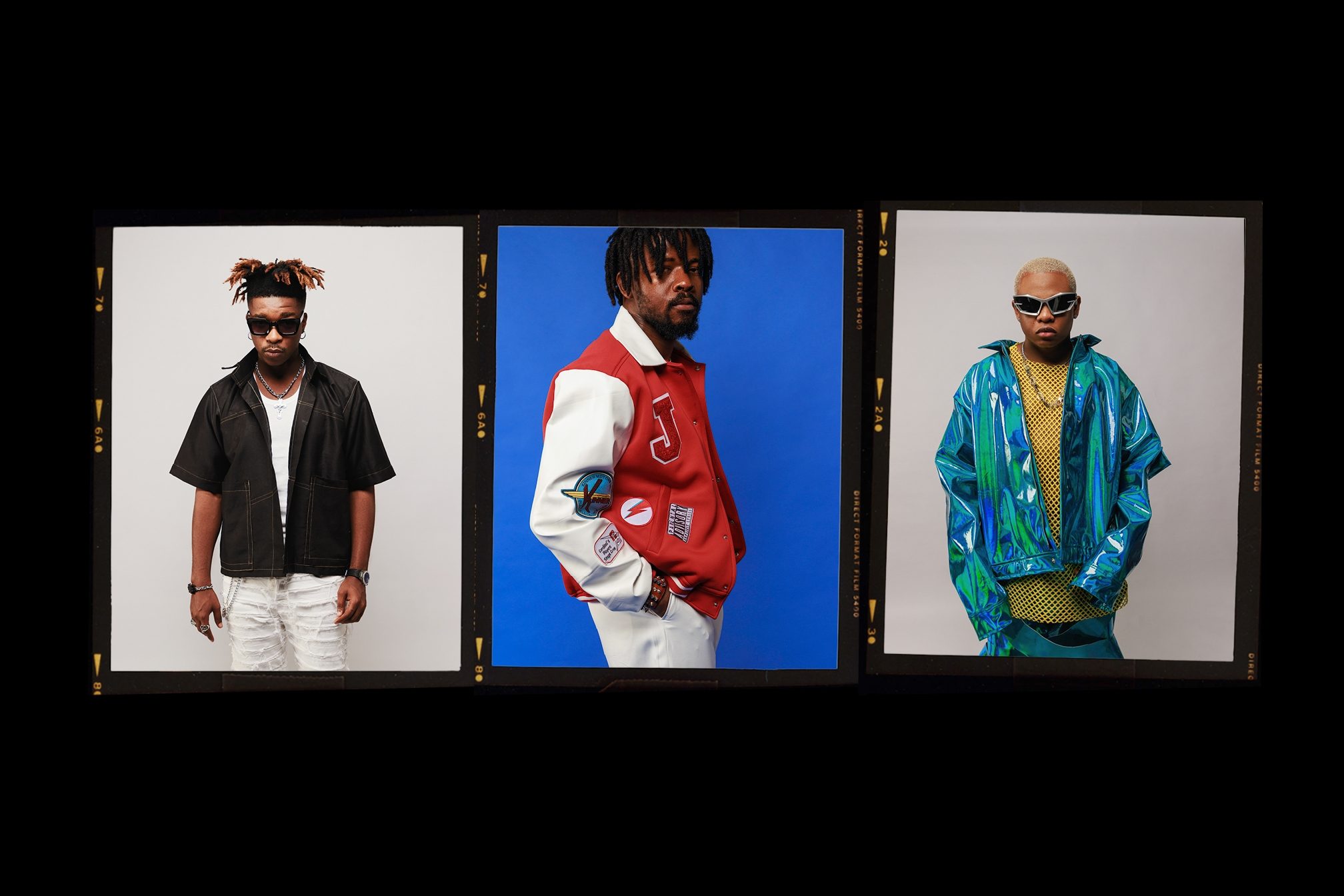
For a homemade label primarily operating in an emerging region that’s still plagued by a lack of infrastructure and often cited as not having formal music industry structures in place or not adhering to standard Western practices, Jazzy admits that they are “self-taught” and they’ve had to learn on the job for the bulk of their existence. However, a turning point came in 2019 when the venture capitalist company Kupanda Holdings made a multi-million investment into Mavin. Speaking about the unorthodox deal, Jazzy reveals that it took Kupanda two years to convince him because he didn’t really see much value in the partnership at the beginning of the negotiations. “But it turned out to be one of the best things that have happened to me because my partners are amazing,” he reflects. “I've learned so much with them as partners. It's not like any of the majors came to me and I said, ‘no, I don't want to partner’ or whatever. I was just building artists and doing my thing really. The investors came in right on time because immediately after that then the entire Universal, Warner, Atlantic [major labels] flooded the market, and it would have been chaotic if I didn't have enough dollars,” Jazzy continues, as he laughs infectiously.
Read this next: UK Afrobeats: The new sound reinventing British club music
As a result of the cash injection from Kupanda and general growth, Mavin Global Holdings — the label’s parent company, was also able to increase their headcount from around 10 to about 70 people, so much so that Jazzy is convinced they can now “stand toe to toe” with the majors. Rima, whose other role is being a senior advisor at the investment firm, played a big part in ensuring that the partnership materialises. While working on the deal, she would wind up doing the label’s operational and A&R duties. And when there was a vacancy for the head of A&R position, Jazzy and a partner at Kupanda saw her fit for it.

“I think getting the right team in place is very important, getting people who are very skilled at doing different aspects of what an artist will need to grow in their career,” notes Jazzy. Being sympathetic, thoughtful and considerate are ideals the music corporation employs in order to stay on top and maintain a great working synergy between the staff and artists. “Being able to read and understand people, the ability to be patient in times of crisis, all those things are very important. So getting those kinds of people around you is important [when] working with artists. Knowing the right people for different aspects of an artist's career, and just getting the best of the best.”
This careful care and sincere approach excites rapper LADIPOE — who got “activated” in 2017 — the most. “Mavin has great people and with them comes great capacity,” states the ‘Feelings’ hitmaker. “That is required and absolutely necessary to achieve these goals, because the goals I have set for myself are really ambitious but the people make them achievable. I think that is what distinguishes this era from the previous era, there are more people.”
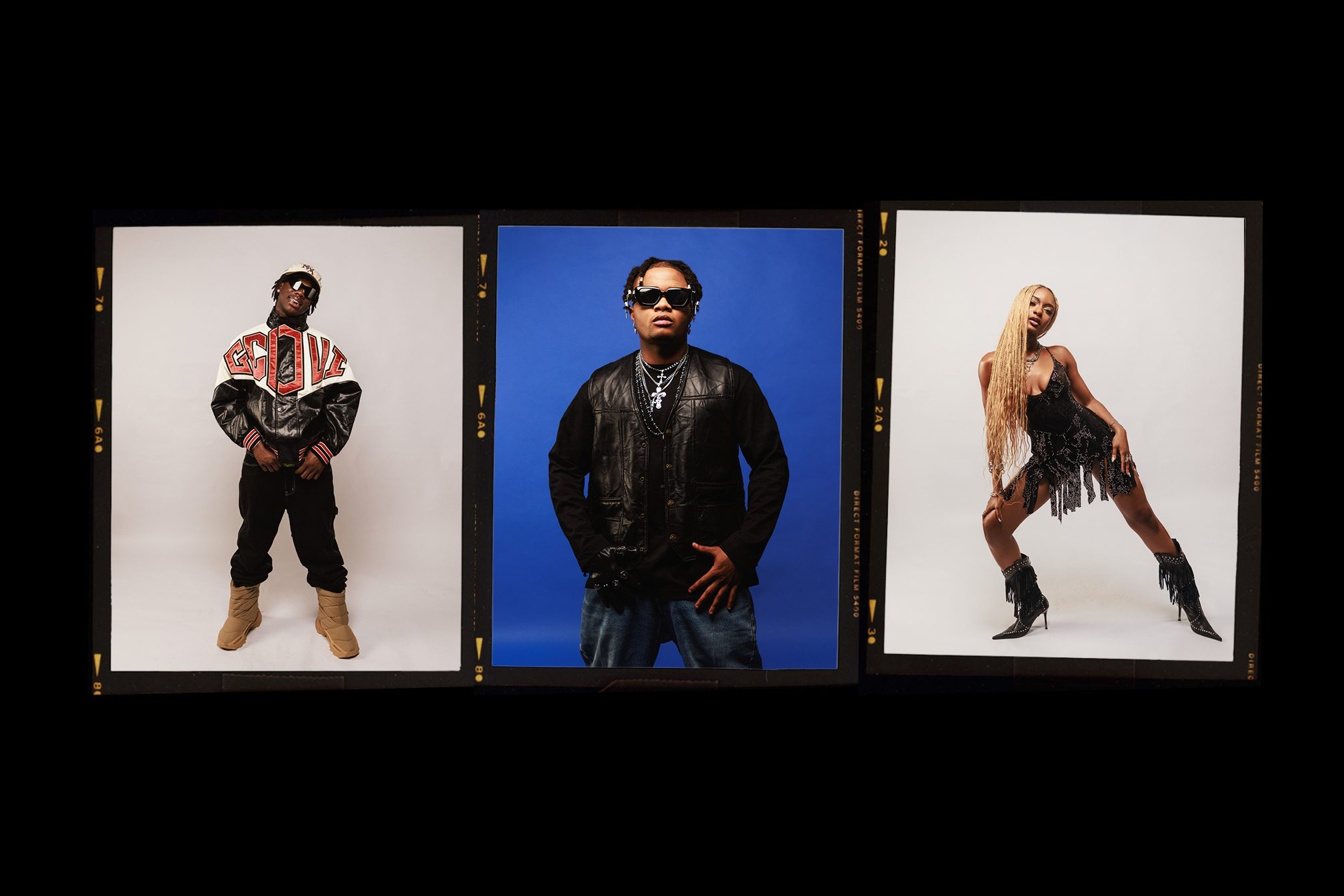
The 2020s have already been filled with triumphs for SMD. In the past year alone, they activated Boy Spyce and Bayanni, as well as producers and songwriters Andre Vibes, Embryo, Milar, Prestige, JVXN and Sevn — which is unheard of for the “behind-the-scenes” music creators who always get the short end of the stick. A handful of the label’s artists dropped well-received projects and scored several crossover hits, with Rema’s ‘Calm Down’ becoming a global success. The song has gone diamond in France and reached platinum status in multiple countries including India, Spain, Brazil, Australia, Portugal, Mexico and the USA, and gold in Britain, Germany, and Singapore, among others. The music video has amassed 350 million views on YouTube and 250 million streams on Spotify, which have since been coupled and amplified by a remix with Selena Gomez to a Billboard Hot 100 chart standing among other record-breaking achievements.
Read this next: How grime and afrobeat is influencing UK jazz
“It means the world to us,” says Rima, of the international milestones ‘Calm Down’ has gotten thus far. “It just makes all the work worth it. All the late nights at the studio and the 24-hour video shoots; all the difficulties you experience working in the music space. Wins like ‘Calm Down’ make it feel like you're on the right path and that the world is paying attention. We talked about these things long ago and now to see them happen… Of course, they're not magic. It’s been a series of hard work and building Rema, from the time he came into Mavin, and just that diligence in doing the hard things and doing them well. Being super ambitious has led us to this point so we're not surprised but very grateful. It means a lot to the team, [I’m] very proud of everyone.”
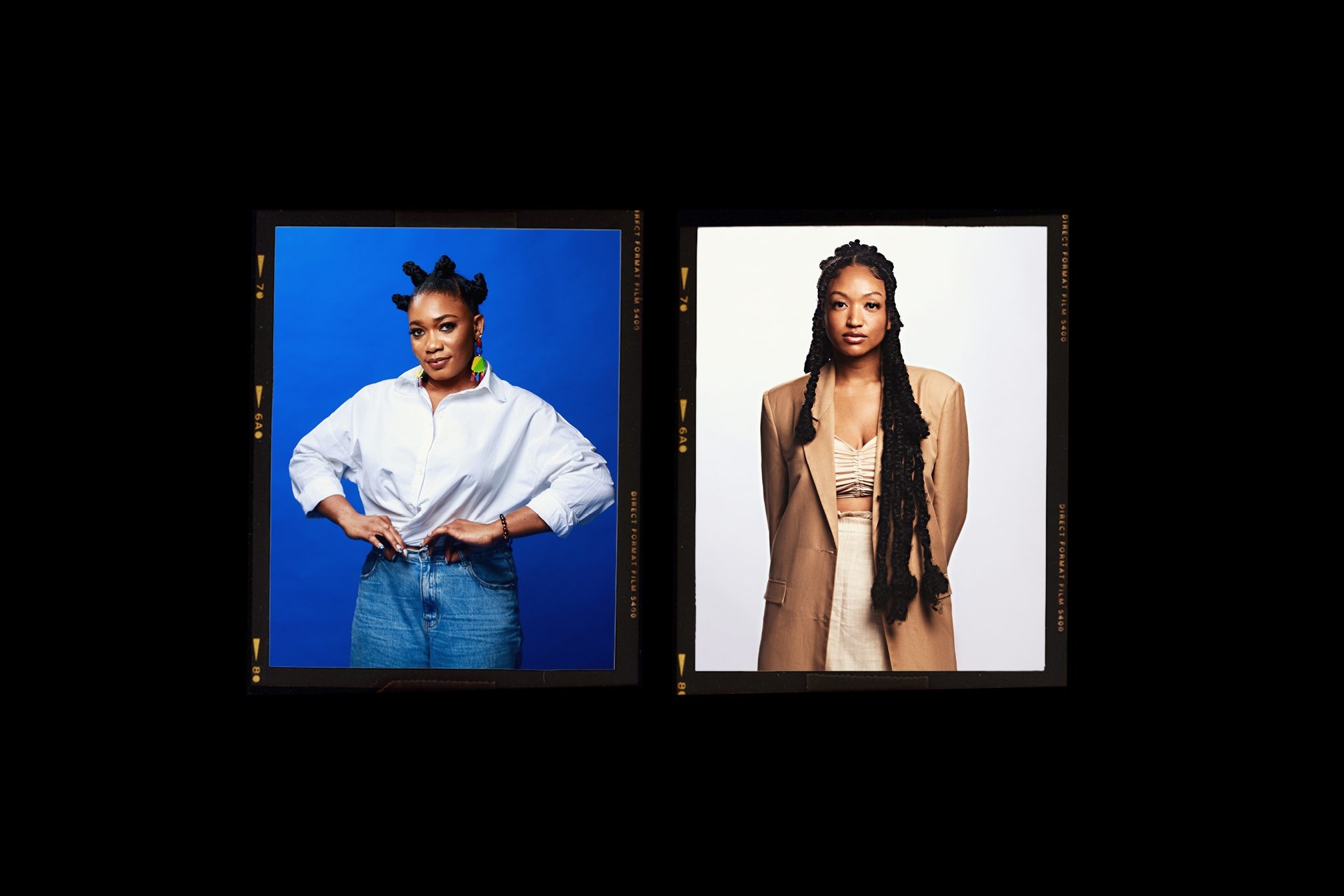
To mark the tenth anniversary, the dynasty with all its musicians recorded music over a period of eight months, amidst different solo and touring schedules. The end product is the December-released ‘Chapter X’ album, which was preceded by the singles ‘Overloading (OVERDOSE)’ and ‘Won Da Mo’. The collaborative compilation is an impressive collections that showcases the individual talents of each of the label’s signees and their ability to join forces to deliver a varied sonic palette, from the alternative sensibilities of Johnny Drille and DJ Big N’s high-spirited talk at the end of ‘Jara’ to the raps of LADIPOE and everything in between. Throughout the EP, the artists including Don Jazzy trade vocals and allow each other to shine and complement one another. Rima confesses that the compilation was also a strategic move, from a business standpoint. “We really wanted to showcase our talents and spotlight the new ones by leveraging on the big ones. To be able to show not just our talent but also the family unit that Mavin is. Someone may not know who this new guy is but they want to click on the song because they see Rema and then discover that new guy. It was also a platform and an avenue to really accumulate and bring everything that we've worked on the last 10 years.”
As part of the celebration, the label hosted a concert featuring Mavin artists of the past, present and future. “That was really an amazing moment for me,” LADIPOE expresses, “to be part of something that has lasted this long in the country I am from and in the space that we are in, I think it was such a crowning moment. Also, I was at the first Mavin All-Star Concert in 2015 but I wasn’t on stage, I was in the audience, so for me to have this transition, I will never forget it.”
To date, Mavin’s primary plan remains true to its DNA of nurturing talent and seeing them through into becoming superstars. In addition, they would like to replicate their model and expand their footprint in other parts of the continent by signing artists from different countries. As we spoke, Don Jazzy’s undying passion for music shined through the screen and was evident with every answer. “I’m still as excited about the music as I was 20 years ago,” he confessed as he showed me the MIDI keyboard that he keeps in his bedroom just in case a melody visits him while he is asleep or watching TV. “I still feel as energized and gingered as I was the first day I decided to start making music because of the love that I have for music and artists. I still have some artists in the Academy, this year we're going to be activating one or two and see how it goes now.”
'Chapter X' is out now via Mavin Records, check it here
Madzadza Miya is a freelance writer, follow him on Twitter


